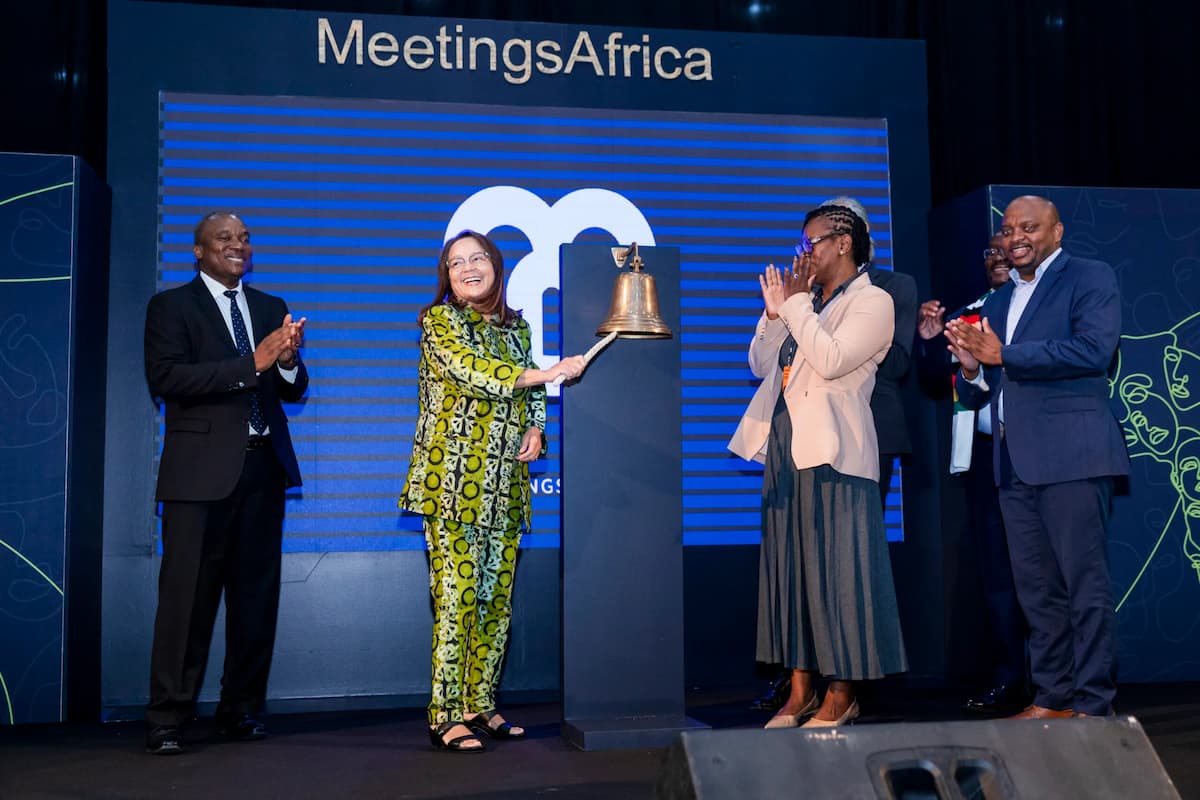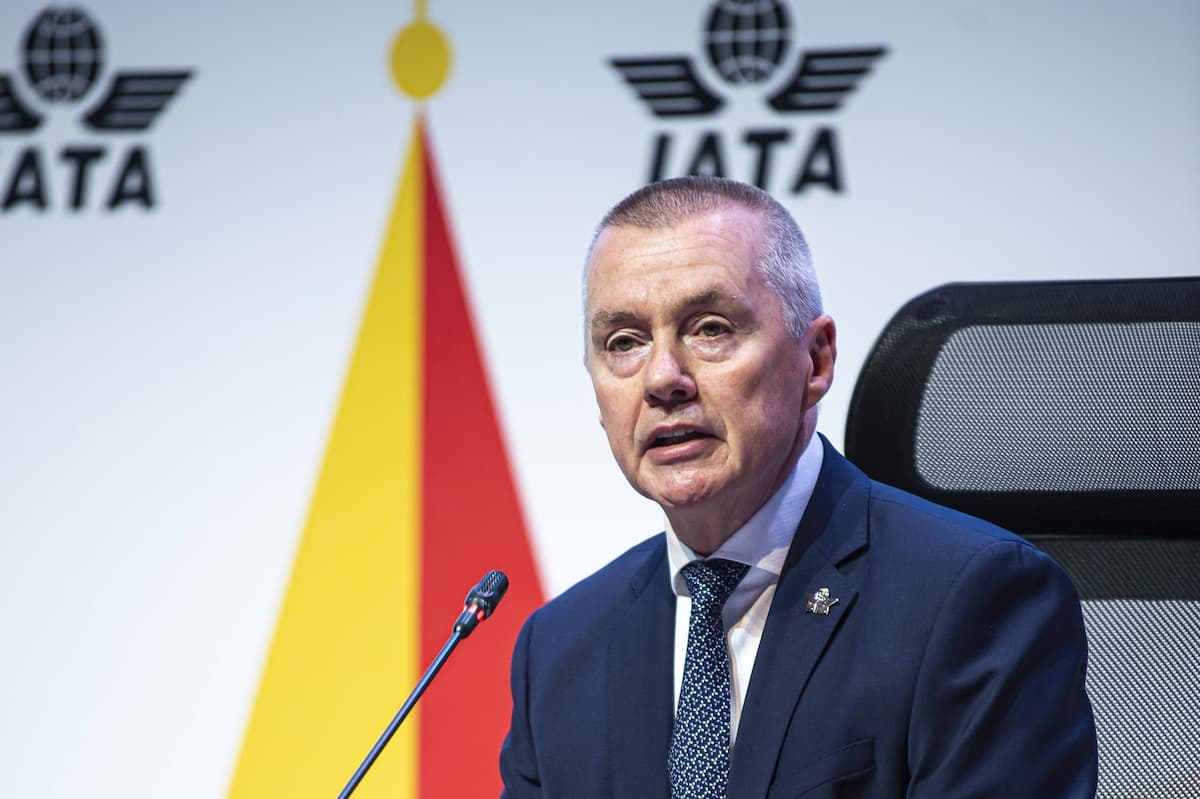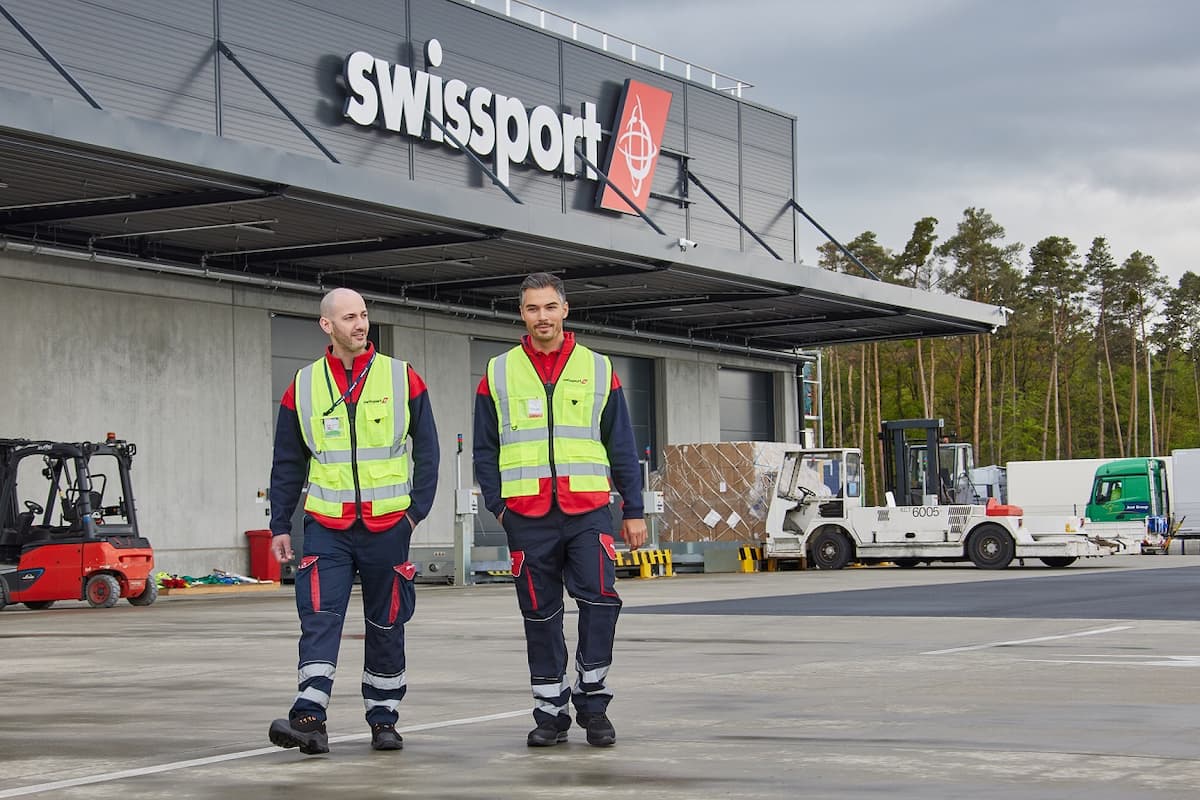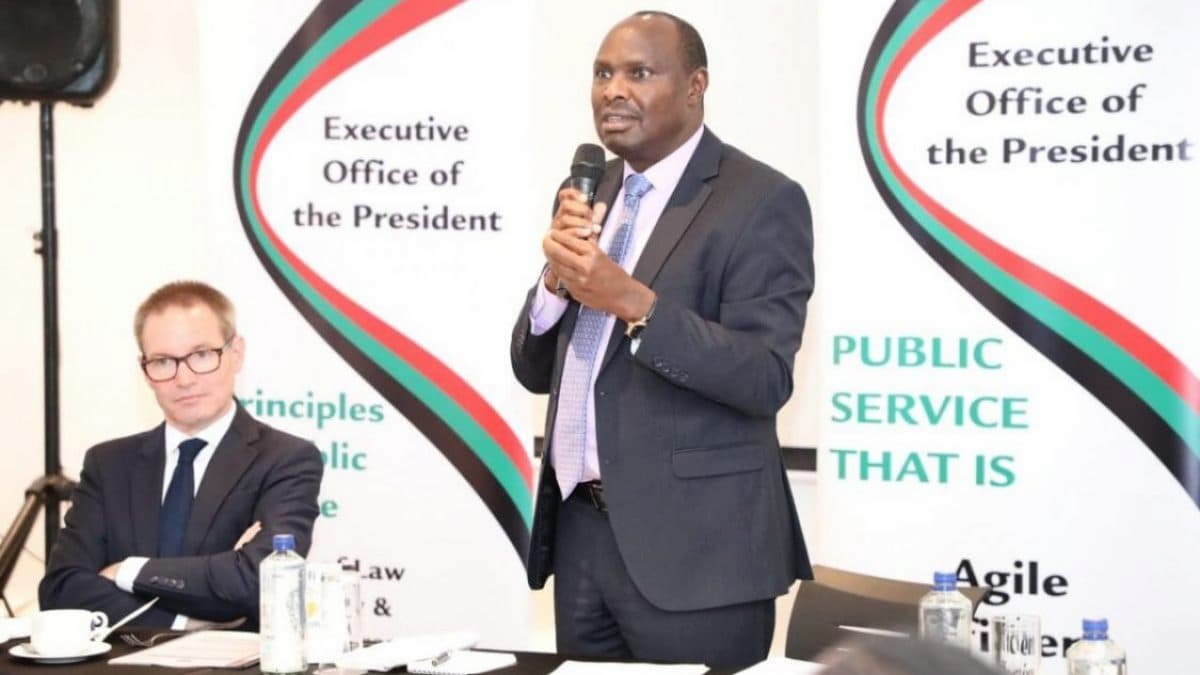Meaningful connections were made at Meetings Africa 2024, solidifying its position as the continent’s go-to platform for the business events sector, with more than 380 exhibiting companies from 22 African nations participating.
Hundreds of industry professionals, including 371 international, regional and local buyers, converged in Sandton, Johannesburg, to strengthen Africa’s position as a premier business events destination within the MICE (Meetings, Incentives, Conferences, and Exhibitions)sector.
The three-day trade show concluded on Wednesday, 28 February, at the Sandton Convention Centre, marking a successful event with fruitful engagement and trade. Industry trends, including sustainable tourism, artificial intelligence (AI), and continuous sector professionalisation, were prominent themes at Meetings Africa 2024.
The trade show left a lasting impression on newcomers, who raved about the event’s professionalism and rich future prospects.
Paul Chibwe from Willch Travel and Tours (Zambia), attending the event for the first time, expressed his high praise for the organisation of the event. “This event has not only met but exceeded our expectations,” he remarked. “Everything was impeccably organised, fostering a conducive environment for networking and exchanging thoughts and ideas. It has truly met our expectations.” Another newcomer, Baityr Diaw, the Commercial Director for the Mangalis Group of hotels (Côte d’Ivoire), stated, “The experience has been really amazing. From as early as 9 am, we have been meeting people and building what I believe are very important relationships with future partners.”
Meetings Africa also provided a platform for returning participants like South African businesswoman Lihle Mahlangu to showcase their work. “Business has been good,” she said, “I have networked with some people from here and Europe. I see great prospects ahead.”
With positive feedback from newcomers and returning participants, Meetings Africa 2024 cemented its role as a valuable platform for networking, professional development, and showcasing the diverse offerings of the African tourism industry.
This positive sentiment was echoed by Minister Patricia de Lille in her opening address. Emphasising Africa’s readiness to host events of all sizes, she declared, “I have no doubt that even here at Meetings Africa, it will be clear for all to see that the African continent is the best place to bring all meetings, events, expos, and indeed incentive trips.”
At the show’s educational programme, South Africa’s Tourism Deputy Minister Mahlalela emphasised Meetings Africa’s vital role in knowledge exchange and innovation within tourism. He highlighted the event’s evolution as a premier platform, fostering crucial connections between buyers and exhibitors.
He underlined the essence of knowledge exchange as a driver for innovation, collaboration, and skills development. “The time has come for us to rewrite the narrative on Africa,” the Deputy Minister said, advocating for a vision that portrays the continent not as a land mired in wars and poverty but as a vibrant and dynamic player on the global stage.”
South African Tourism’s commitment to sustainability shone through South African Tourism CEO Nombulelo Guliwe, who announced a partnership with the Event Greening Forum (EGF) to assess the exhibition’s greening initiatives. This commitment extends beyond individual actions, as Meetings Africa features the Sustainability Village, showcasing locally produced goods fostering economic sustainability and environmental responsibility.
Meetings Africa in Numbers
2024 Meetings Africa saw a remarkable increase in attendees, reaching 3,480, compared to 2,987 in 2023, marking a significant uptick and the highest attendance since 2019. This growth underscores the event’s growing appeal and its critical role in bringing together industry professionals from across the globe.
The Business Opportunities Networking Day (BONDay) saw 1,535 attendees, offering a dedicated session for networking and collaboration ahead of the main event.
The number of exhibiting companies also rose to 382 in 2024 from 355 in 2023, indicating a healthy interest in the event as a platform for showcasing products and services.
Moreover, the event attracted 371 buyers, a notable increase from 273 in 2023, highlighting the event’s effectiveness in drawing key decision-makers and influencers within the industry.
The media presence remained strong, with 179 media representatives attending, mirroring the 2023 figure and demonstrating sustained interest in covering the event and its impact on the industry.
Source: Tourism News Africa










